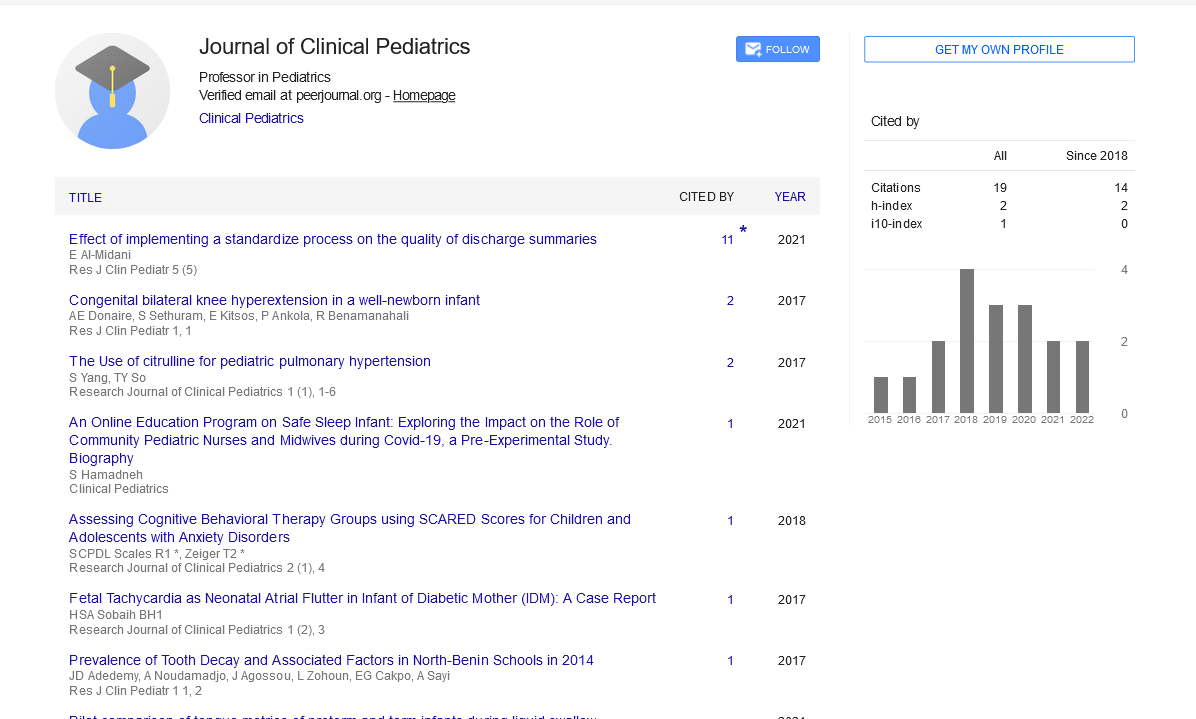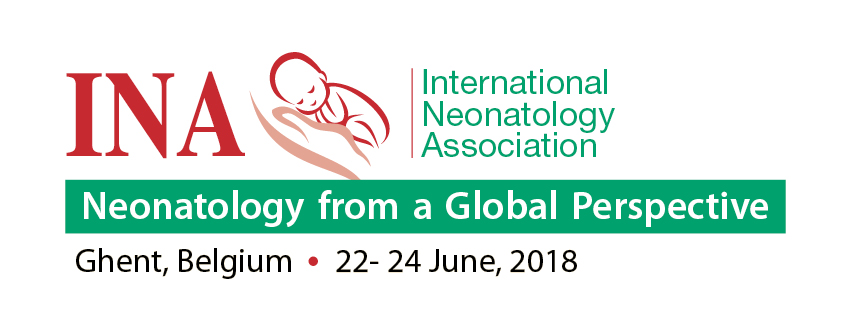Commentary, Res J Clin Pediatr Vol: 7 Issue: 4
Types of Allergic Reactions and it's Prevention Methods
Dallas Rivet*
1Department of Biostatistics, University of North Carolina at Chapel Hill, Chapel Hill, North Carolina
*Corresponding Author: Dallas Rivet,
Department of Biostatistics, University of
North Carolina at Chapel Hill, Chapel Hill, North Carolina
E-mail: rivetdallas@email.unc.edu
Received date: 27 November, 2023, Manuscript No. RJCP-24-128392;
Editor assigned date: 30 November, 2023, PreQC No. RJCP-24-128392 (PQ);
Reviewed date: 07 December, 2023, QC No. RJCP-24-128392;
Revised date: 21 December, 2023, Manuscript No. RJCP-24-128392 (R);
<br />Published date: 28 December, 2023 DOI: 10.4172/rjcp.1000158
Citation: Rivet D (2023) Types of Allergic Reactions and it's Prevention Methods. Res J Clin Pediatr 7:4.
Description
In today's world, allergies have become increasingly prevalent, affecting millions of individuals worldwide. An allergy is the body's exaggerated immune response to a substance that is typically harmless. This hyperactive response can trigger a wide range of symptoms, varying from mild discomfort to severe, life-threatening reactions.
Allergies can be triggered by various substances known as allergens. Common allergens include pollen, dust mites, pet dander, certain foods (such as nuts, shellfish, dairy), insect stings, medications, and certain materials like latex. When an individual with allergies comes into contact with these substances, their immune system perceives them as harmful, producing antibodies like Immunoglobulin E (IgE). This immune response then leads to the release of histamines and other chemicals in the body, causing allergic symptoms.
Types of allergic reactions
Allergic reactions can manifest in various forms, ranging from mild to severe. The common types of allergic reactions include:
Mild reactions: Mild allergies often present as itchiness, hives, watery eyes, runny nose, or localized swelling.
Moderate reactions: These can cause more pronounced symptoms like difficulty breathing, wheezing, abdominal pain, or diarrhea.
Severe reactions: Anaphylaxis is a severe, life-threatening allergic reaction that requires immediate medical attention. Symptoms include swelling of the throat, severe difficulty breathing, and a drop in blood pressure, rapid pulse, and loss of consciousness.
Accurate diagnosis of allergies involves a combination of medical history, physical examination, and sometimes allergy testing. Allergy testing may include skin prick tests, blood tests to measure allergenspecific antibodies, or oral food challenges for suspected food allergies. These tests help to identify specific allergens triggering the allergic response, aiding in personalized treatment plans.
Allergy management and treatment
The primary goal of allergy management is to avoid allergens and alleviate symptoms. Management strategies include:
Avoidance: Identifying and avoiding allergens is importnat This might involve lifestyle changes, such as using air purifiers, avoiding outdoor activities during high pollen seasons, or eliminating specific foods from one's diet.
Medications: Antihistamines, decongestants, nasal corticosteroids, and epinephrine injectors (for severe allergic reactions) are commonly prescribed to manage symptoms.
Allergies can significantly impact individuals' lives, affecting their physical health, emotional well-being, and daily activities. Constant symptoms such as sneezing, itching, or wheezing can reduce productivity and disrupt sleep patterns, leading to fatigue and decreased quality of life. Moreover, severe allergic reactions can be life-threatening, necessitating constant vigilance and preparedness.
The prevalence of allergies also has broader societal and economic implications. Allergic individuals may require special accommodations in educational settings or workplaces to minimize exposure to allergens. Additionally, healthcare costs associated with managing allergies; including medications, doctor visits, and emergency care, contribute substantially to healthcare expenses globally.
Raising awareness about allergies and educating the general public is important in improving the management and treatment of allergies. Understanding the signs and symptoms of allergic reactions, knowing how to administer emergency medication like epinephrine injectors, and promoting inclusivity and understanding in public spaces are vital aspects of allergy education.
Allergies represent a significant health concern affecting millions the better way. Understanding the triggers, symptoms, diagnosis, and management strategies for allergies is important in alleviating their impact on individuals and society. By promoting awareness, advancing research, and implementing effective management strategies, we can improvisethe quality of life for those affected by allergies.
 Spanish
Spanish  Chinese
Chinese  Russian
Russian  German
German  French
French  Japanese
Japanese  Portuguese
Portuguese  Hindi
Hindi 
